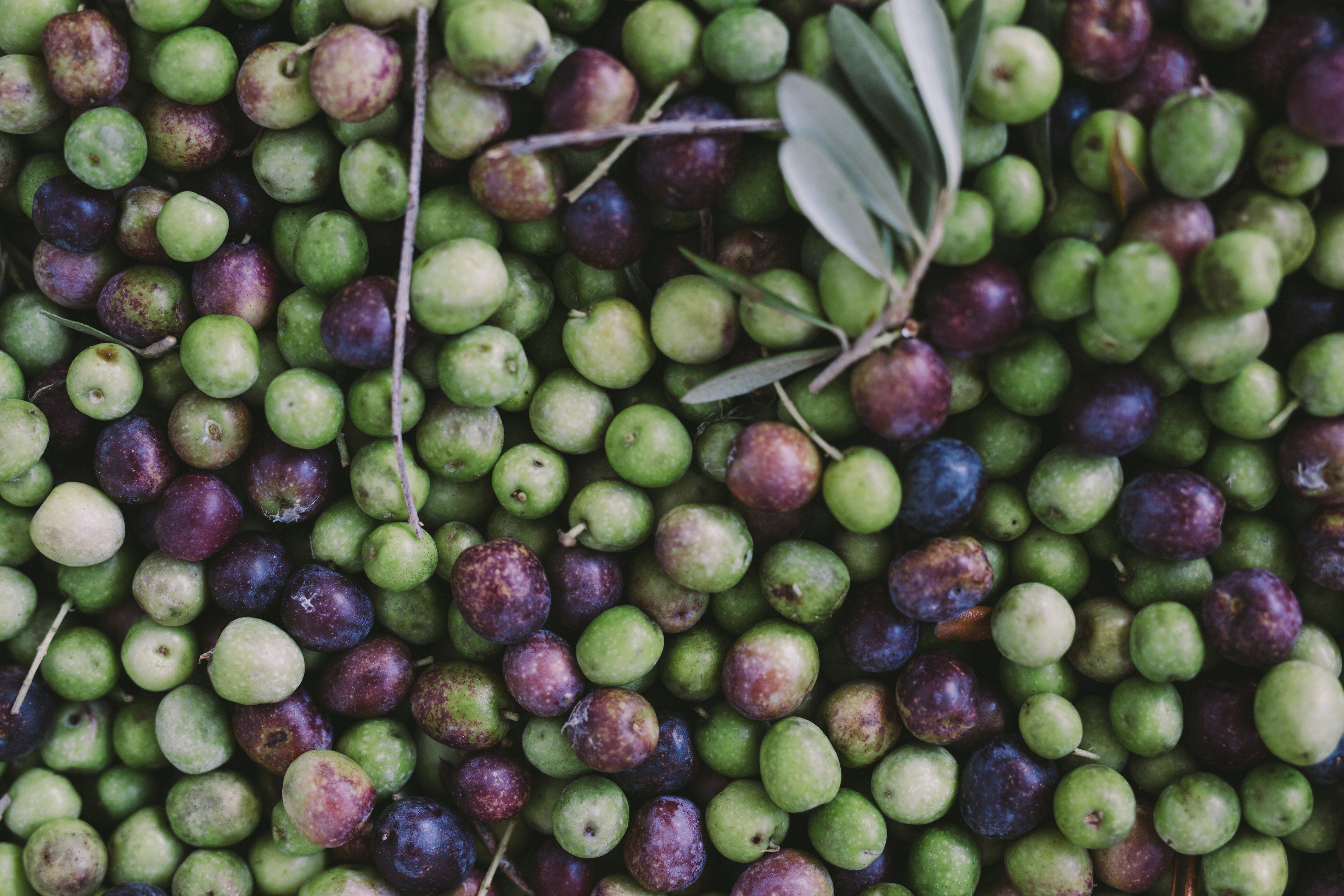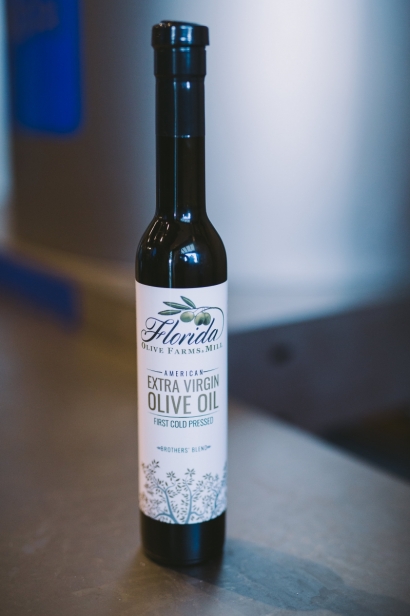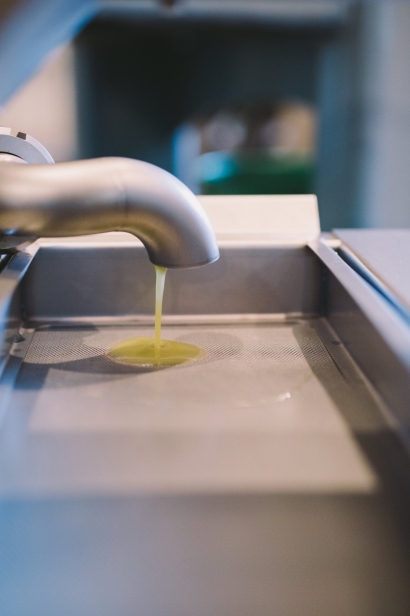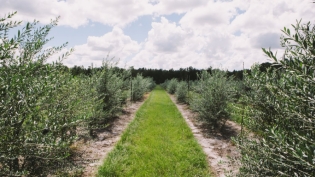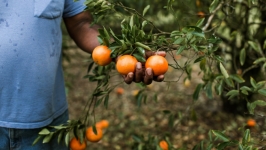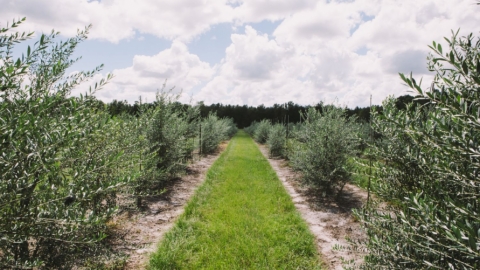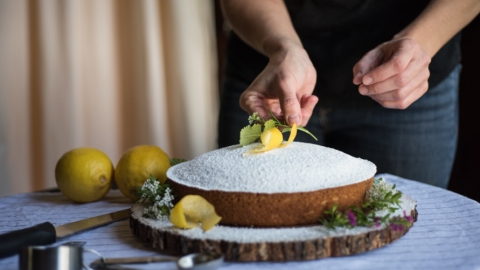Extra Virgin Olive Oil: A Buyer's Guide
QUALITY OVER QUANTITY
U.S. consumption of extra-virgin olive oil has increased by 50% over the last 15 years, but many Americans gravitate toward high-volume, low-quality oils. Consider purchasing higher-quality extra-virgin olive oil in quantities that can be used up within a few months. Once the bottle is open, the clock is ticking: Olive oil is best consumed within three months. Beyond that point, the flavor deteriorates, the texture becomes waxy and the oil starts to turn rancid.
READ THAT LABEL
Check labels for a specific producer, country of origin or harvest date. From the time of harvest, the average shelf life of a sealed bottle ranges from 18 months to two years. While terms like “virgin” and “extra-virgin” refer to specific processes, in practice there’s little regulation. Many mass-produced oils are adulterated with cheap vegetable oils or “deodorized.” Watch out for terms like “imported from” or “packed in”—this wording often indicates that the product originated in other places entirely. Try to buy from smaller brands, which have less incentive to cheat.
KEEP IT COOL, DADDY-O
Heart-healthy polyphenols and other nutrients will inevitably break down, so proper storage is key. Air, heat, light and time are natural adversaries of olive oil’s nutritional density and flavor. Minimize exposure to these elements by storing in tight-sealing, dark-colored glass bottles in cool, dark and dry environments. Chemicals found in plastic containers can permeate the oil, so it’s best to avoid these altogether.
CUT OUT THE MIDDLEMAN
Get to know your local farmers and producers and source close to home if possible. Knowing where your oil comes from increases transparency and helps ensure you receive the freshest, highest-quality product. It also puts money directly back into local farmers’ pockets. Knowledge is power.
SAVOR THE FLAVOR
Good-quality olive oil comes in a variety of shades ranging from brilliant green to pale yellow, so color is not a strong indicator of quality. In both flavor and aroma, genuine extra-virgin olive oils have a marked fruitiness reminiscent of fresh olives, and typically have some level of bitterness, pungency and pepperiness at the back of the throat. In great oils, these characteristics are harmoniously balanced together with complex aromas, flavors and aftertastes that bloom gradually.


